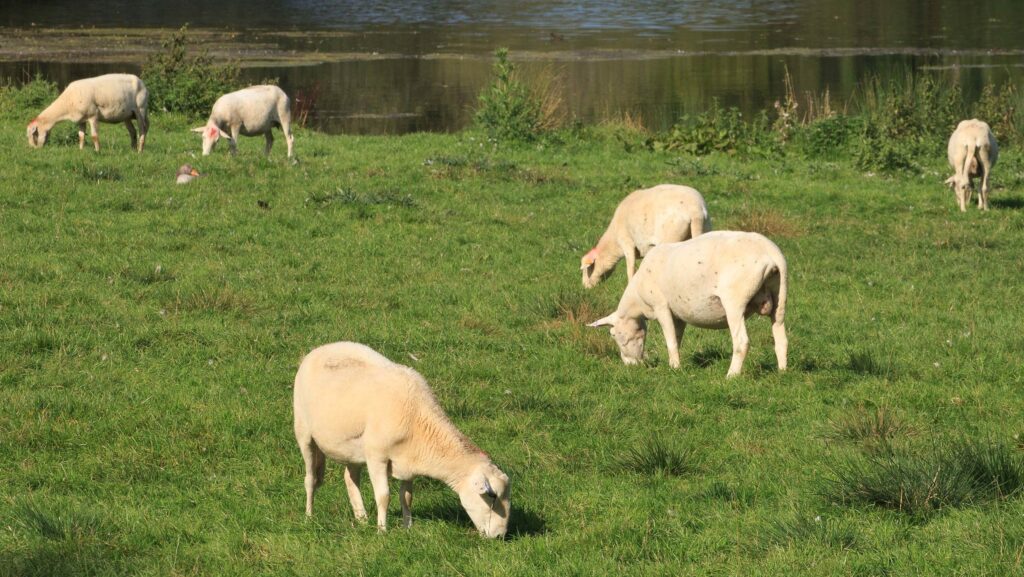First case of bluetongue this season found in Norfolk
 © Tim Scrivener
© Tim Scrivener Farmers and livestock keepers are being urged to increase vigilance after the discovery of first case of bluetongue virus in the UK for the 2024-25 vector season.
The discovery of the BTV-3 strain of the virus was made in a single sheep at a mixed farm near Haddiscoe, south Norfolk.
Defra has established a 20km temporary control zone around the affected area to curb the spread of the disease.
See also: Q&A: All you need to know about bluetongue disease
Farmers within this zone must adhere to restrictions on the movement of susceptible animals and their germinal products, except under licence.
The latest discovery of BTV-3 in Norfolk comes amid a rising number of cases of the virus in the Netherlands, Germany and Belgium. Since May this year, more than 4,000 new cases have been recorded in these countries, with some farms losing up to 40% of their stock to the disease.
Phil Stocker, chief executive of the National Sheep Association (NSA), said it was “a matter of time” before the UK started to see cases, given the extent of the outbreaks in northern Europe.
No vaccine in UK
Sheep and cattle farmers in the UK are concerned about the possible impact of a major outbreak of bluetongue this season, especially since animals have not been vaccinated against BTV-3.
A vaccine developed by Spanish pharmaceutical company Syva has been approved for use in the Netherlands and Belgium, but remains unavailable in the UK.
Despite bluetongue not posing a threat to human health or food safety, it can significantly affect livestock by reducing productivity and can be fatal in severe cases.
Mr Stocker said: “There are many who will ask why we haven’t got emergency authorisation of the BTV-3 vaccine already. Personally, I would have liked that to have been the case on the basis that many farmers will want to take action to give some protection to their stock.
“But it’s also right to consider that experience to date on the continent has shown the vaccines that are available are nowhere near 100% effective and will not prevent onward spread.”
He added: “At this stage, I believe it’s right to do what we can to prevent further spread through movement controls – but we are going to have to watch the situation very carefully now and hope that we don’t see a rapid spread of cases through onward midge-borne transmission.”
Testing available
Free testing is available for animals moving from high-risk counties – Norfolk, Suffolk, Essex, Kent and East Sussex – to elsewhere in Great Britain, or to be sold at a market within a high-risk county.
Bluetongue virus is primarily transmitted by midges and affects cattle, goats, sheep, deer and camelids such as llamas and alpacas.
Given the current temperatures and midge activity, the Animal and Plant Health Agency (Apha) says there is a high risk of onward spread in the UK.
Farmers are being urged to monitor their animals for signs of this notifiable disease, and report any suspicions to Apha on 0300 020 0301.
